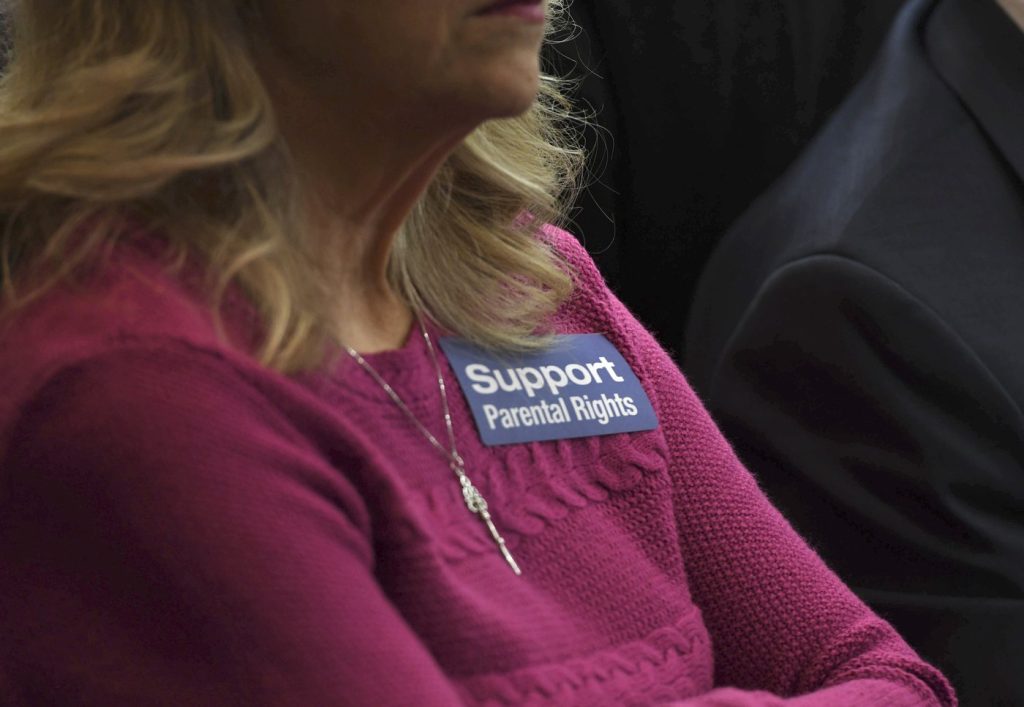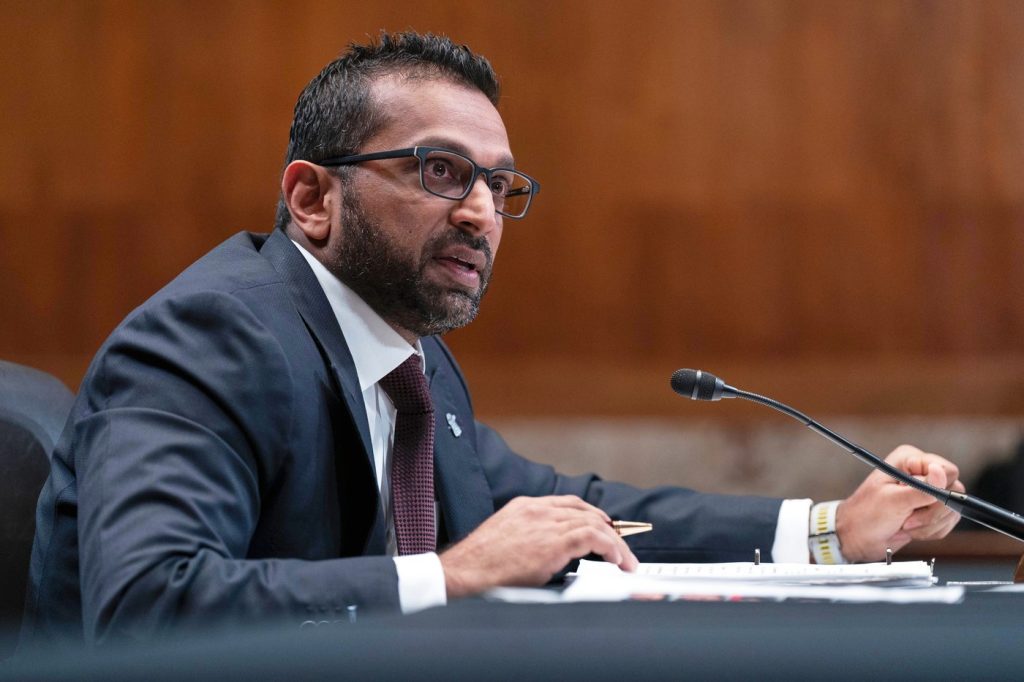TALLAHASSEE, Fla. (AP) — On Wednesday, a Florida appeals court issued a ruling stating that a state law permitting minors to obtain an abortion without parental consent is unconstitutional. This judgment came from a three-judge panel of the Fifth District Court of Appeal, which determined that the judicial waiver law undermines the Fourteenth Amendment rights of parents concerning due process. The court cited existing parental rights laws in the state, a recent decision by the Florida Supreme Court, and the landmark 2022 U.S. Supreme Court ruling that dismantled federal abortion rights.
The court's opinion, authored by Judge Jordan Pratt and supported by Judges John MacIver and Brian Lambert, emphasized that any previously recognized constitutional rights pertaining to abortion that could have justified Florida's judicial waiver law have been explicitly rejected by both the U.S. Supreme Court and the Florida Supreme Court. The judges argued that the legal landscape around abortion rights has drastically shifted, impacting the legal framework for minors seeking abortion access.
For years, anti-abortion activists and Republican lawmakers in Florida have actively attempted to erode the rights of minors to petition a judge for access to abortion. Currently, Florida enforces a ban on most abortions after six weeks of pregnancy, which can occur before many women even realize they are expecting. The appeals panel labeled this case as one of "great public importance" and referred it to the Florida Supreme Court, which previously ruled in 2024 that a privacy clause in the Florida Constitution does not confer a right to abortion.
In this ruling, the three-judge panel rejected the appeal made by a 17-year-old girl, referred to only as Jane Doe, who is nearly six weeks pregnant and seeking an abortion without her father's knowledge or consent. The appeals court upheld a lower court’s decision, which claimed that the girl did not possess the “requisite maturity” necessary to make the decision independently of a parent or legal guardian.
The court’s opinion noted that the ruling was based on various factors, including the girl's emotional development and stability, her credibility and demeanor as a witness, her capacity to accept responsibility, and her ability to evaluate both immediate and long-term consequences of her decision. This comprehensive assessment indicated that the girl lacked the maturity to decide on such a significant medical procedure without parental involvement.
This ruling reflects ongoing tensions and debates in Florida and across the United States regarding abortion rights, parental consent laws, and the legal status of minors in making health-related decisions. As the legal landscape continues to evolve, further interpretations and rulings will likely shape the rights of minors and the role of parental consent in abortion cases.
Overall, the appeals court's ruling marks a significant moment in Florida's legislative and judicial approach to abortion, particularly as it pertains to minors, and resonates with broader national conversations surrounding reproductive rights and parental authority.












